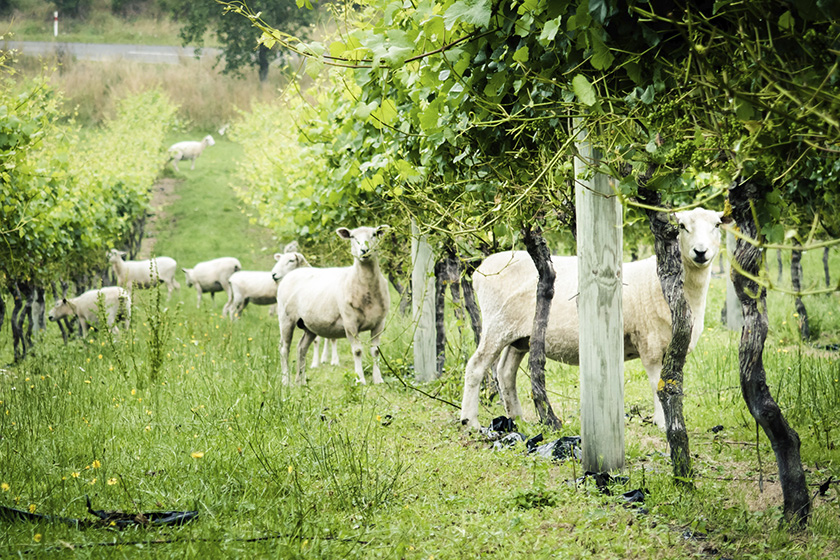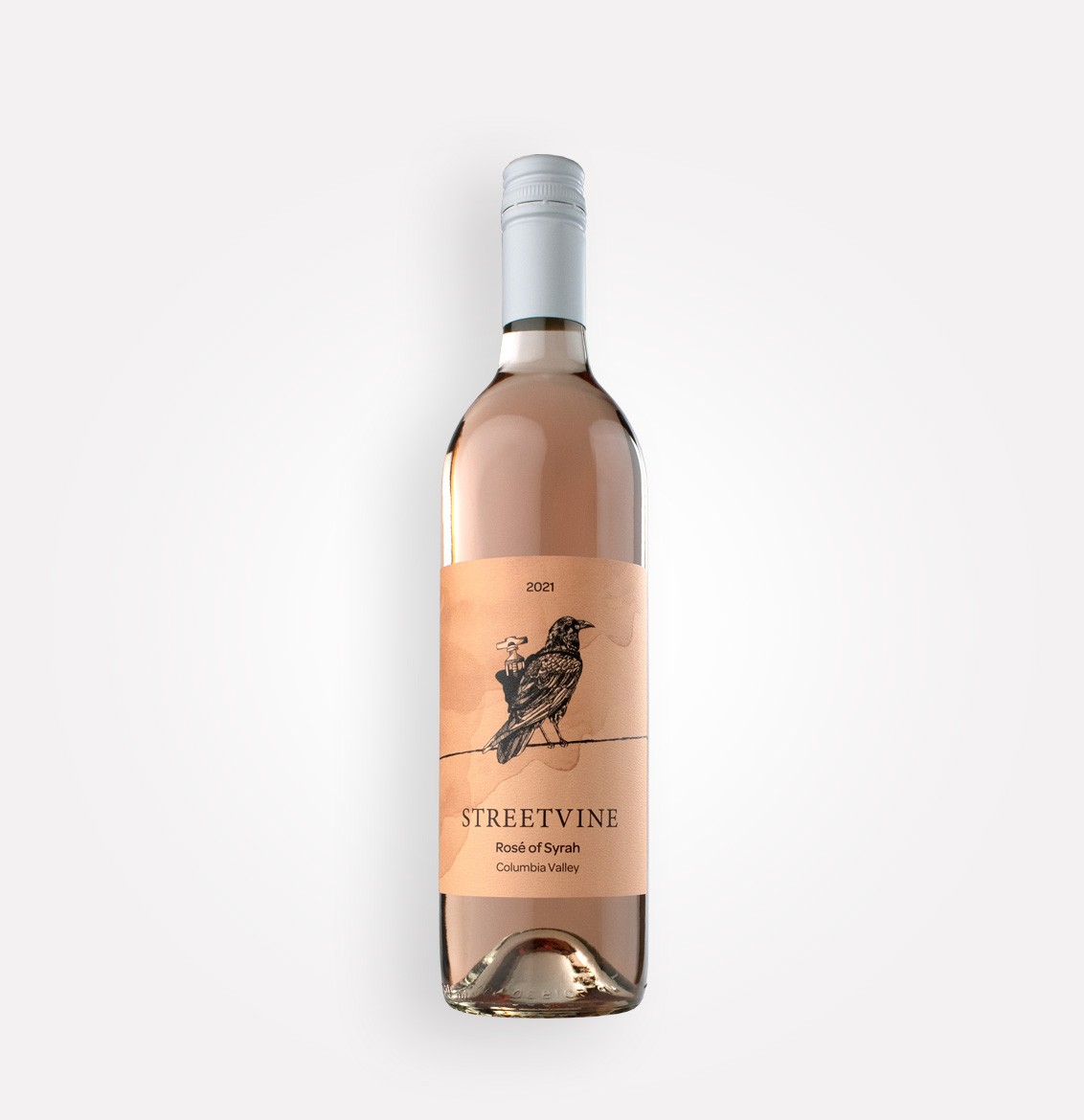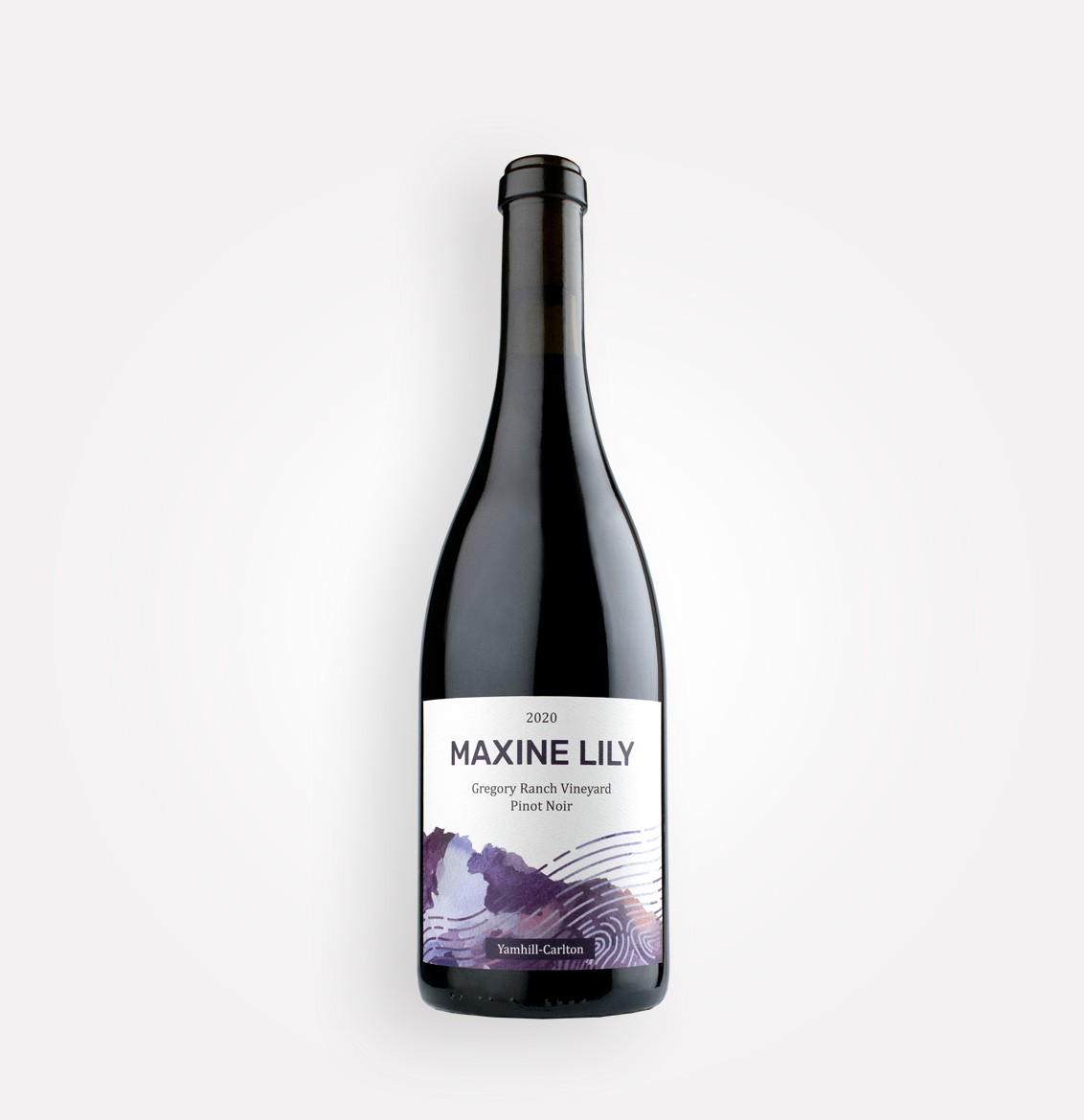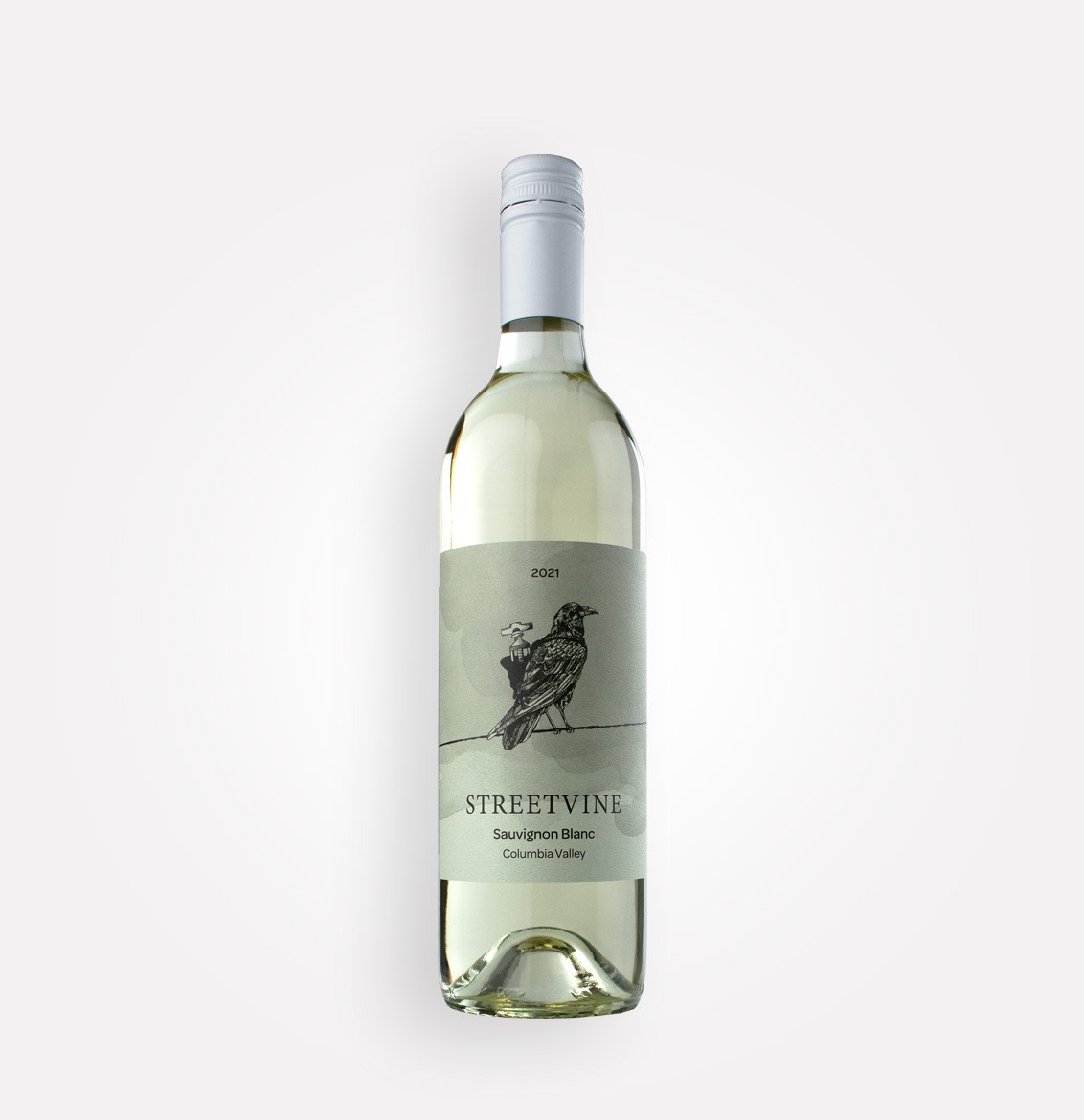The growth of biodynamic, organic, and natural wines mirror our concerns for our environment
More US winemakers are embracing these concepts and methods in the vineyard, but how are these wines different?
Biodynamic wines
Austrian philosopher Rudolf Steiner advocated for biodynamic agriculture in the early 1920s, taking a holistic view of the farm as a living organism with its own life force. A biodiverse environment sustains a life force that synchronizes climate, human interaction, and regenerative biological vigor at the farm. Soil quality and health are maintained, and water is recycled naturally. The farm is self-sustained, and no outside materials are allowed.
The Steiner biodynamic farm had a spiritual or mystical aspect with planting and harvesting following an astrological calendar and moon phase for optimum vine health and fruit harvest. Natural treatments of manure packed into cow horns and buried replace synthetic fertilizers, and this aging process improves the nutrients and microbes in the manure. Eventually, the horns are retrieved, and the manure is mixed with water and used as a spray fertilizer.
In contrast to both organic and natural wines, biodynamic certification is a worldwide standard managed by Biodynamic Federation Demeter International and Demeter USA here. Demeter focuses on the regenerative farming benefits of biodynamic methods and encourages rather than requiring more controversial aspects of the method such as the astrological calendar that calls for specific vineyard activity on certain days.
There are no biodynamic-specific standards for winemaking, but the wines made from biodynamically farmed fruit often follow minimal intervention methods. Adding sugars, sulfites, or winemaking additives would make the label biodynamic moot.
Perhaps the product of the close coupling of vineyard health and thoughtful winemaking, biodynamic wines have precise flavors that reflect a strong sense of place.
Organic wines
There are two types of organic wines in the U.S. Both use grapes grown in certified organic vineyards, but there’s a difference in winemaking requirements.
Like biodynamic wines, organic grapes are grown in vineyards farmed without synthetic pesticides or fertilizers. However, organic vineyards need not follow biodynamic vineyards’ astronomical calendar or aged manure regime.
The U.S. Department of Agriculture manages the organic certification for wine and requires that grapes and every product used in winemaking, including yeasts, are certified organic. Organic wines have no added sulfites, and sulfites occur naturally during fermentation, so this wine is not sulfite free.
Wines labeled “made with organically grown grapes” are produced with the same grapes as those labeled “organic wine.” However, there is no requirement that yeast or other agricultural ingredients used in winemaking are organic. These wines can have added sulfites up to 100 parts per million.
Like biodynamic wines, organic wines have a clean palate reflecting the terroir that produced them.
Natural wines
Natural wines beat the speediest path to your glass by avoiding barrel aging or long cellar regimes. Rather than a vineyard practice, natural wines are the product of the winemaker’s choices in the winery. Often produced from organic or biodynamic vineyards, natural wines are minimal intervention wines that undergo spontaneous natural yeast fermentation with no added sulfites. Filtering or fining to remove sediment and particulates is bypassed, which leads to wines that often appear cloudy.
Natural wines show the direct character of the grape, terroir and vintage, warts and all. Enjoy your natural wines young.




